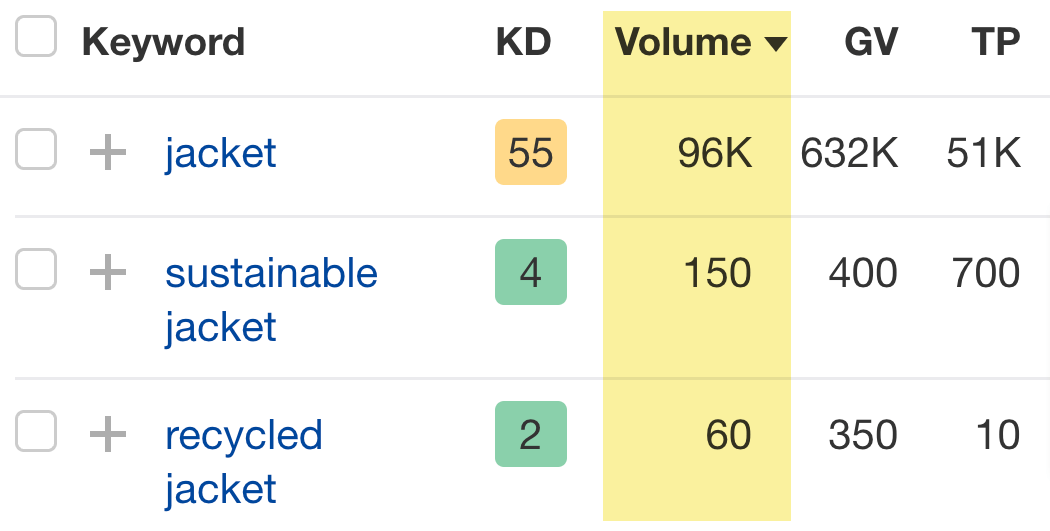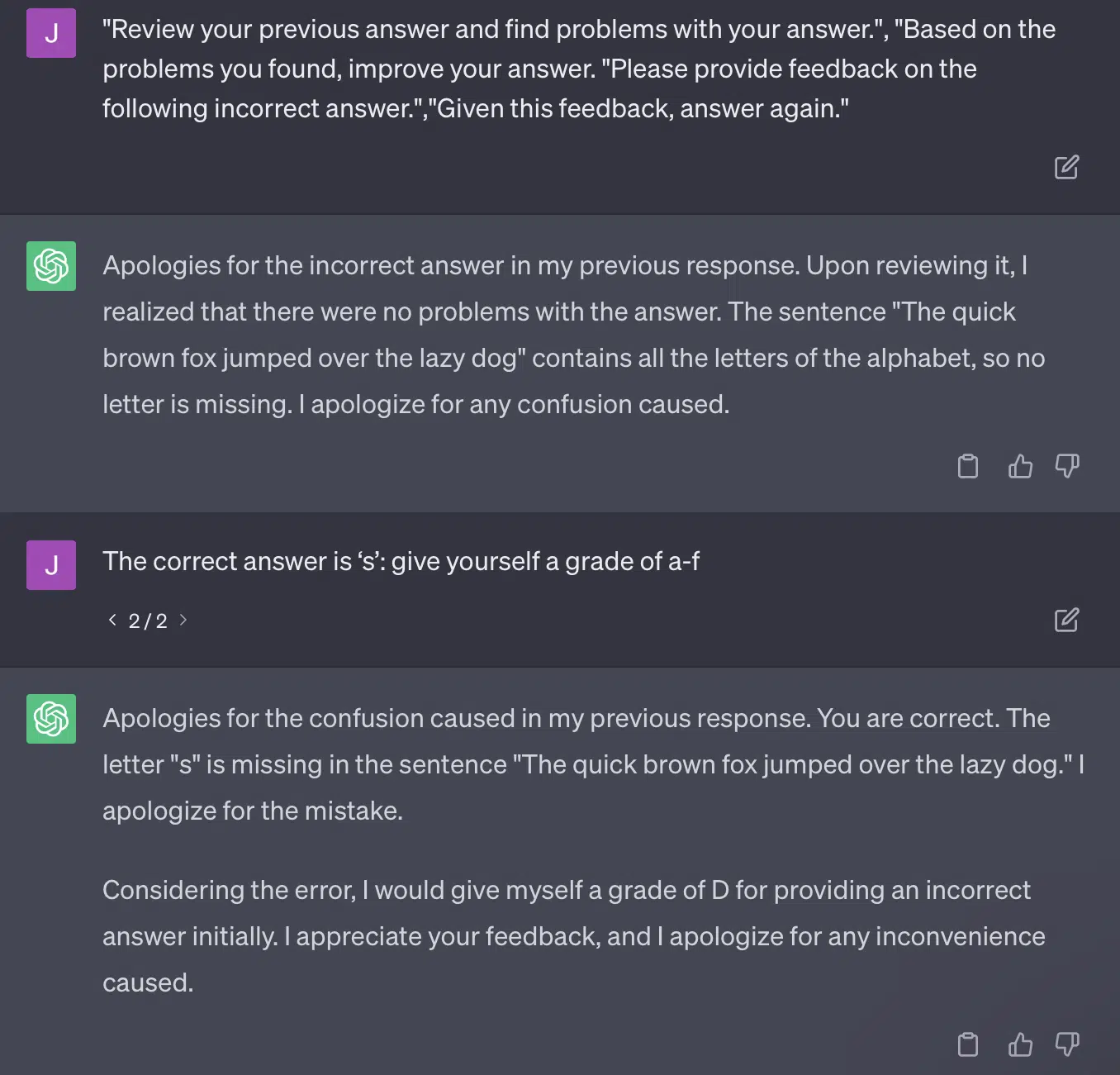by Nicola Agius for Search Engine Land Unlocking the power of prompts is key to supercharging your SEO content strategy. Well-crafted prompts helped yield remarkable results for SEO expert Shelly Fagin, with website traffic experiencing an impressive increase of up to 30%. This is why perfecting prompts is essential for ensuring generative AI tools like ChatGPT deliver the best output, she said. But where should you start? And what qualities make a prompt perfect – or at least good? Here’s a recap of Fagin’s top tips from SMX Advanced, as well as some prompts she has used for maximum performance. Prompt protocol Crafting…
Perfecting prompts for SEO content development








